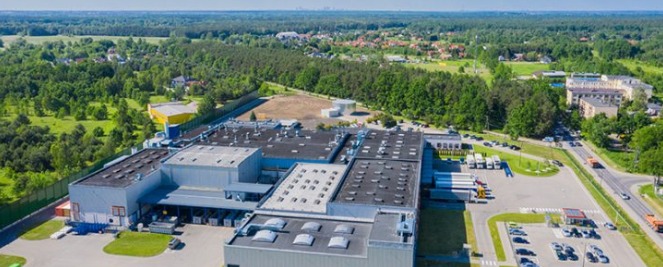By Linda Strowbridge
Growing convergence between the retail and distribution sectors could have profound impacts on the commercial real estate industry. As retail and industrial clients adjust to shifts in consumer behavior and the overall economy, CRE professionals will be challenged to change their thinking about how to truly serve their clients. That challenge, however, could also produce innovative real estate products and new opportunities. That’s according to Dustin C. Read, Ph.D./J.D., author of the NAIOP Research Foundation report, “New Places and New Spaces for E-commerce Distribution: Three Strategies Bringing Industrial and Retail Real Estate Closer Together.”
What was the most interesting or significant discovery you made while researching the paper?
























